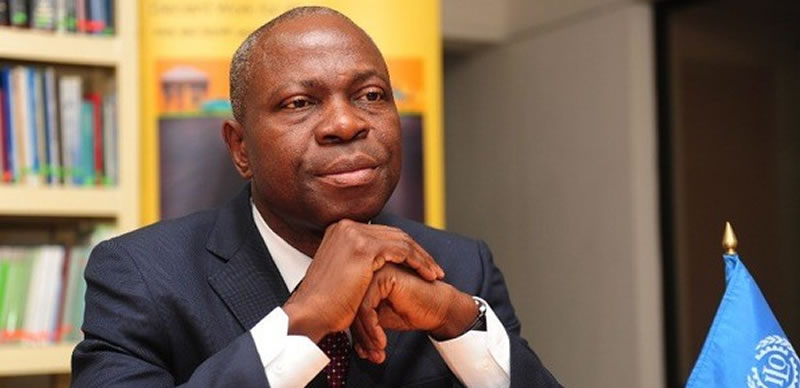Labour ministers from the G20 countries have adopted new global targets aimed at reducing youth unemployment and narrowing the gender pay gap, signalling a renewed international commitment to addressing labour market inequalities.
The agreement was reached at the G20 Labour and Employment Ministers’ Meeting, held in George, South Africa, under the theme Solidarity, Equality and Sustainability, according to a statement shared with The PUNCH.
The International Labour Organisation welcomed the outcome, with Director-General Gilbert Houngbo urging countries to show greater ambition in delivering decent work, especially for young people and women.
As part of the final declaration, the ministers endorsed the Nelson Mandela Bay Youth Target, which aims to reduce the share of young people aged 15–29 not in employment, education or training by an additional 5 per cent by 2030.
The new goal builds on the G20’s 2014 Antalya Commitment and is intended to accelerate youth integration into labour markets.
he declaration calls for stronger national youth employment strategies, improved access to technical and vocational education and training, support for youth entrepreneurship, and targeted efforts to help disadvantaged groups such as young women and youth with disabilities.
In addition, the ministers adopted the Brisbane–eThekwini Goal, which commits G20 countries to reducing the gender labour force participation gap by 25 per cent by 2030, while also setting a new target to cut the gender pay gap by 15 per cent by 2035.
Achieving these goals, the ministers agreed, will require advancing equal pay for work of equal value, investing in quality care services, and dismantling structural barriers that limit women’s full participation in the workforce.
“These commitments to action can chart new paths to social justice through decent work, inspiring further progress in other economies facing similar or even greater challenges,” Houngbo said in his keynote address.
He emphasised that closing gender gaps and creating better opportunities for young people are not just moral obligations but economic necessities.
“These gaps remind us there is incredible untapped potential across the G20 to grow economies, foster inclusion and improve living standards,” he added.
The ministerial declaration, developed with technical support from the ILO, also reaffirms the importance of freedom of association, collective bargaining, and tripartite social dialogue in ensuring that workers share fairly in productivity gains. It calls for closing digital divides and harnessing digital transformation to enhance social protection delivery, transparency, and efficiency.
Ministers also expressed support for ongoing ILO standard-setting discussions on ensuring decent work in the platform economy.
The meeting featured the presentation of the Women at Work and Youth at Work reports by the ILO and the Organisation for Economic Co-operation and Development. Ministers called on both organisations to continue monitoring and reporting on progress towards the newly adopted targets.















